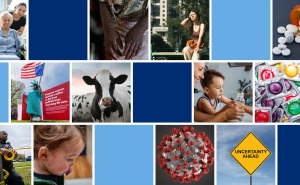World Cancer Day: How Bloomberg School Researchers are Confronting Cancer
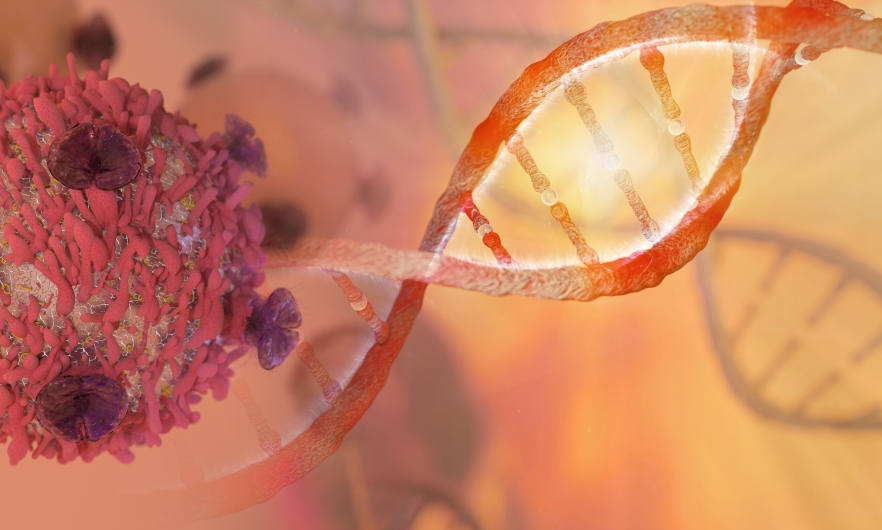
Observed on February 4, World Cancer Day seeks to spotlight the global cancer fight. Here's how six Bloomberg School researchers are confronting cancer on diverse fronts, from unraveling biological mechanisms to understanding the role of disparities to investigating the interplay of cancer risk factors.
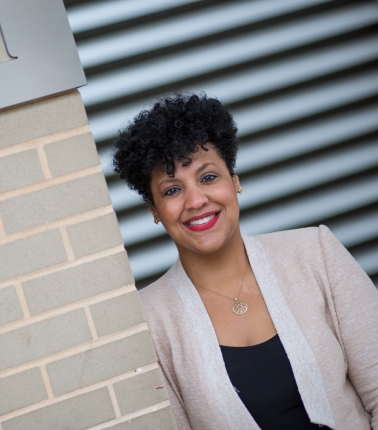
Cancer Disparities
Avonne E. Connor
Connor is a cancer epidemiologist focused on breast cancer in women and cancer health disparities research. Her work focuses on modifiable lifestyle factors, biological factors, and more recently, social inequities. One of her research priorities is identifying women at risk of breast cancer and poor health outcomes after the disease, in particular among African American, Hispanic, and non-Hispanic white women, and underserved populations. Through her research, Connor aims to improve our understanding of the underlying causes of cancer disparities among U.S. minority women and underserved populations, and implement changes to reduce cancer incidence, morbidity, and mortality.
- Utilizing Social Media Advertisements and Participant Social Networks to Recruit African American Breast Cancer Survivors: Design and Rationale
- Racial disparities in mortality outcomes among women diagnosed with breast cancer in Maryland: Impact of cardiovascular disease and clinical characteristics
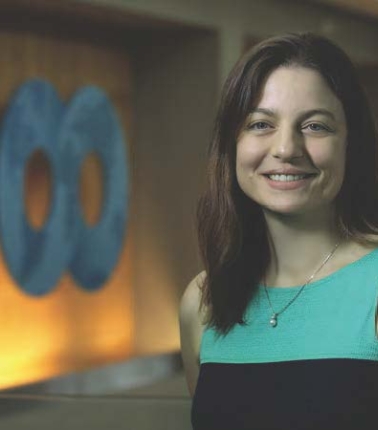
Prevention, Screening, and Treatment
Corinne Joshu
Welch Center for Prevention Epidemiology and Clinical Research
Joshu is a cancer epidemiologist whose research aims to drive forward evidence-based opportunities to improve cancer prevention, screening, and treatment. Her work focuses on disparities in cancer-related mortality—including among people living with HIV and members of Indigenous communities. Joshu co-directs the Medicaid Cancer (MediCan) Study to assess the provision and impact of cancer care on health outcomes among Medicaid beneficiaries with and without HIV. In collaboration with the Johns Hopkins Center for Indigenous Health, she also co-leads the Cancer Care Project, which works with Native American communities to reduce disparities in cancer education, care access, and outcomes. Joshu also leads research examining the role of modifiable risk factors, including obesity and smoking, on cancer incidence and prognosis. Her research seeks to better understand the biological mechanisms that underlie these associations.
- Comparing cancer incidence in an observational cohort of Medicaid beneficiaries with and without HIV, 2001-2015
- Obesity is associated with shorter telomere length in prostate stromal cells in men with aggressive prostate cancer
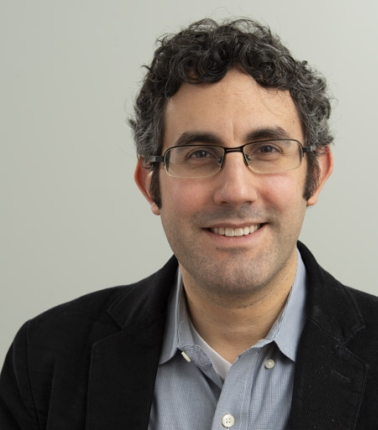
Policy
Keeve Nachman
Environmental Health and Engineering
Johns Hopkins Center for a Livable Future
Nachman’s research focuses on the intersection of science and policy, and aims to understand the role of diet and food production practices in people’s exposures to chemicals that can lead to cancer. He is committed to ensuring that his findings reach decision makers including public health practitioners, policymakers, and the public in ways that are accessible and actionable. His research has been pivotal in pushing regulators and other stakeholders to lower dietary arsenic exposure, which contributes to adverse health impacts like cancers of the lung, bladder and skin. Nachman’s research interests include the public health and environmental consequences of industrial food animal and crop production; chemical and microbial food safety; risk assessment and communication; regulatory approaches to synthesis of scientific evidence in decision-making; and transparency in federal rulemaking.

Socioenvironmental Risk Factors
Brittany Jenkins-Lord
Biochemistry and Molecular Biology
Jenkins-Lord is a molecular cancer biologist who investigates the relationships between socioenvironmental risk factors and tumor biology in diverse populations. The Jenkins-Lord lab focuses on understanding the molecular consequences of breast cancer disparities in African American women. This work investigates the interplay between the molecular, genetic, environmental, and social contributors to breast cancer risk and the impacts on cancer outcomes. The lab also explores differences in gene expression and the immune microenvironment in breast cancer in connection with the increased socioenvironmental risk faced by African American women. Her recent research explored the association between neighborhood deprivation, DNA methylation, and gene expression in breast tissue for Black and white women with breast cancer, and the impact of social and environmental factors on cancer biology in Black Americans.
- Neighborhood Deprivation and DNA Methylation and Expression of Cancer Genes in Breast Tumors
-
The impact of social and environmental factors on cancer biology in Black Americans
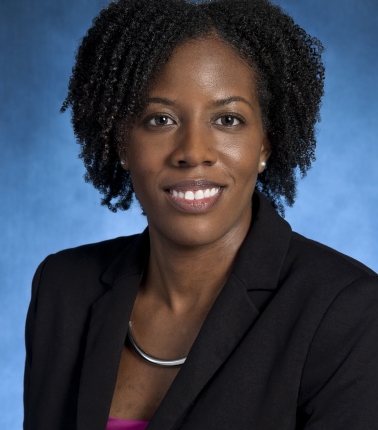
Environmental Contaminants
Miranda Jones
Jones is an epidemiologist focused on studying the environmental and social determinants of chronic diseases, including cancer. She is specifically interested in the health impacts of environmental exposures, including tobacco, secondhand smoke, air pollution, and contaminant metals and the role of these exposures in racial and ethnic disparities in cancer. Jones has explored these disparities through recent research on mortality among breast cancer survivors, and in exposure to arsenic and uranium—both known carcinogens—in public drinking water.
- Racial and ethnic disparities in mortality among breast cancer survivors after a second malignancy
- Nationwide geospatial analysis of county racial and ethnic composition and public drinking water arsenic and uranium

Breast Cancer
Utthara Nayar
Biochemistry and Molecular Biology
Endocrine resistance—lack of tumor response to endocrine therapy—is the cause of most breast cancer-induced mortality. The Nayar lab aims to understand the underlying mechanism(s) by which a cancer tumor becomes resistant to targeted therapy, using breast cancer as a model. In particular, Nayar is interested in the processes that allow tumors to develop genetic or other alterations that make it possible to evade therapies, and how to find new or alternate drugs that are effective against these therapy-resistant tumors. To this end, the laboratory leverages cell and molecular biology, animal models, and the latest genomic sequencing technologies to understand resistance to targeted inhibitors in advanced metastatic breast cancer. Nayar recently discovered a unique type of advanced breast cancer that develops genetic mutations that ”turn on” the cancer-causing HER2 protein, a process that converts tumors from being endocrine therapy-sensitive to endocrine-resistant.
- Acquired HER2 mutations in ER+ metastatic breast cancer confer resistance to estrogen receptor–directed therapies
- cDNA-detector: detection and removal of cDNA contamination in DNA sequencing libraries
Annalies Winny is a writer and producer at the Johns Hopkins Bloomberg School of Public Health.

